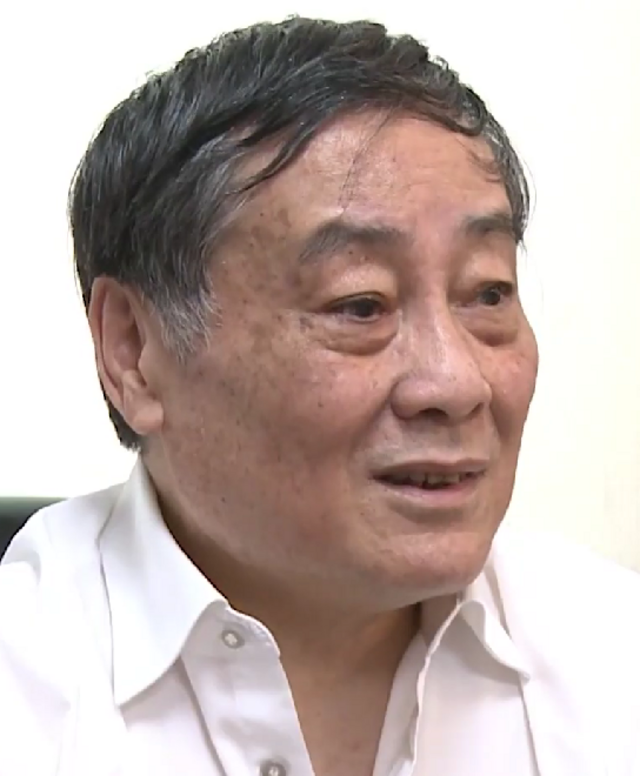Zong Qinghou, the founder of the Wahaha Group and once hailed as China's wealthiest individual, passed away at the age of 79, leaving behind a legacy that encapsulates China's dramatic shift from a planned economy to a global market powerhouse. His death was announced by his company, stating that he succumbed after "treatment for an illness proved ineffective." Zong's journey from a modest beginning to becoming a billionaire is a testament to the transformative era of economic reforms initiated by Deng Xiaoping in the late 1970s.
Born into the turbulence preceding the Communist Party's ascent, Zong's entrepreneurial ambitions took flight amidst China's economic liberalization, which allowed private enterprises and foreign investments to flourish. With a modest family loan of $22,000, he established the Wahaha conglomerate in 1987, initially venturing into selling soft drinks. His business acumen turned Wahaha into a leading name in the beverage industry, with products ranging from bottled water to soft drinks and tea being ubiquitous across Chinese retail outlets.
Zong's narrative is particularly compelling due to his rags-to-riches story, marked by early hardships including a period when he reportedly slept under a bridge due to financial constraints. Yet, the conglomerate he founded now boasts over 30,000 employees, and as of last year, Forbes ranked him as the 53rd richest person in China with a net worth of $5.9 billion. Despite amassing considerable wealth, Zong was known for his frugality, a trait he attributed to the teachings of Mao Zedong, claiming to live on less than $6,000 per year.
His business journey was not without its challenges. Zong's clash with French food giant Danone over the Wahaha brand is particularly noteworthy. The dispute, which stemmed from a partnership gone sour, escalated to lawsuits and government intervention, culminating in 2009 with Danone selling its stake in Wahaha back to Zong. This pivotal moment significantly bolstered Zong's fortunes, catapulting him to the status of China's richest man by 2012 with a fortune estimated at $20.1 billion.
However, the shifting sands of consumer preferences and intensifying competition posed challenges to Wahaha's dominance in later years. Zong's daughter, Zong Fuli "Kelly," who succeeded him as the vice chairperson and general manager, faced the daunting task of steering the company through these turbulent waters, including efforts to expand Wahaha's reach through acquisitions.
Zong Qinghou's contributions extended beyond the corporate realm; he was an outspoken critic of the burgeoning e-commerce industry, advocating for policies that favored the "real economy" over the "Internet economy" within China's legislative circles. His passing signifies the close of a chapter for one of China's most iconic entrepreneurs, whose life story mirrored the nation's own economic renaissance.






